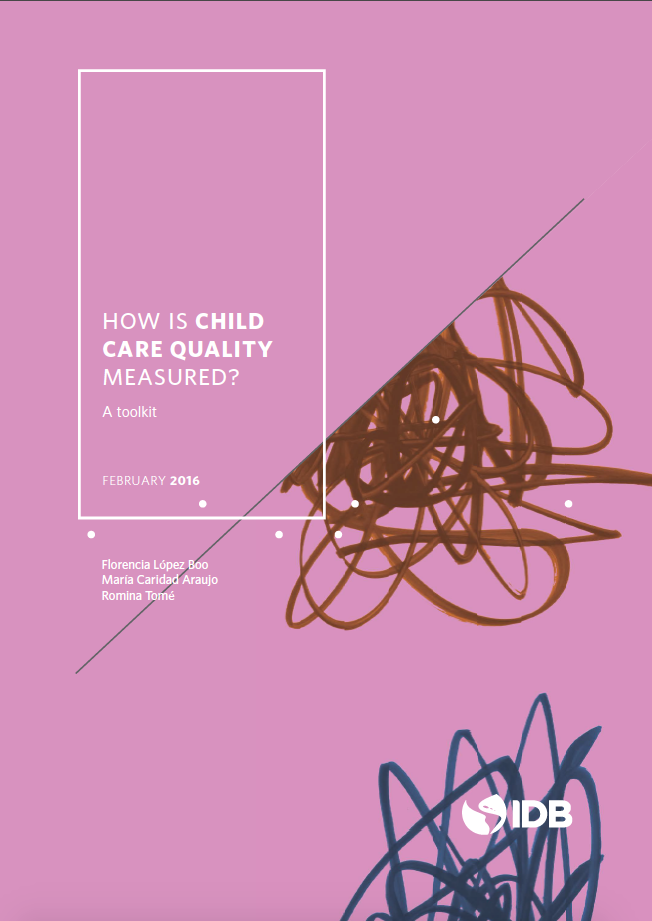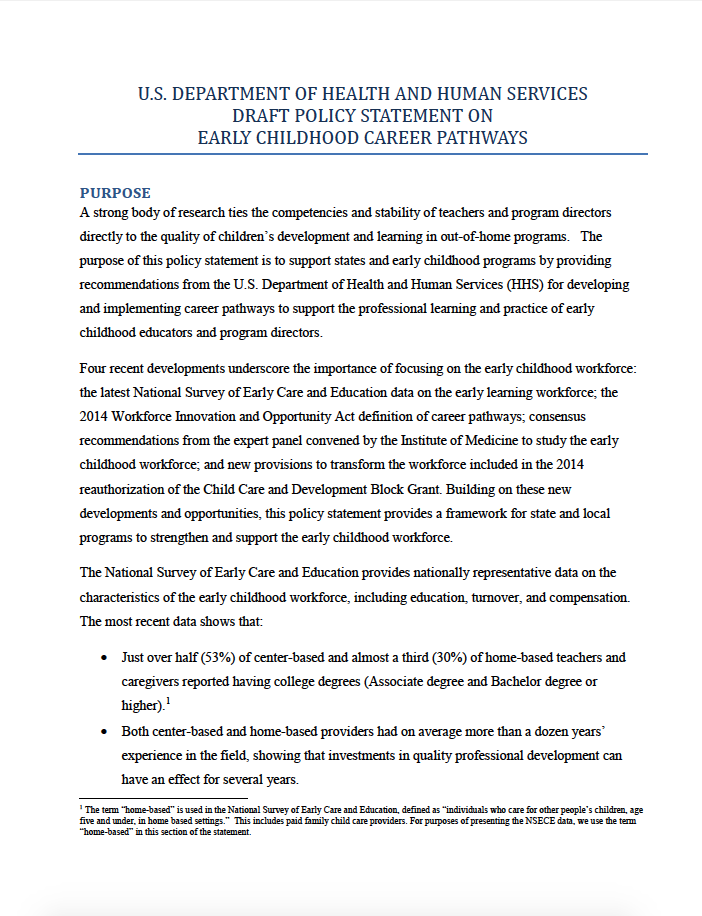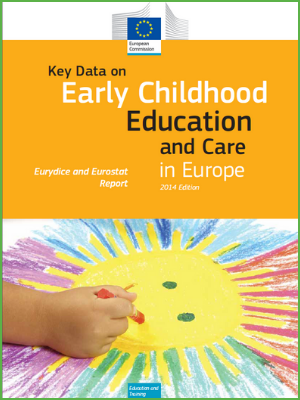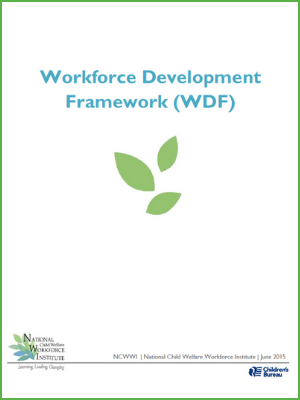How is Child Care Quality Measured?: A toolkit

This user friendly tool: i) addresses in detail the definition of a quality service, ii) provides a menu of available tools for the measurement of the quality of child care centers serving infants and toddlers ages 0 to 3 years (36 months), and iii) reports on the implementation process of these instruments in the region. The Toolkit presents a theoretical description of the tools and a guide explaining where, how, and when to use each tool, based on a detailed approach with different dimensions to consider in order for the quality measurement to be successful. This toolkit is designed to be a resource for researchers and technical staff of any discipline, working for governments and institutions interested in measuring and monitoring the quality of child care centers serving infants and toddlers ages 0 to 3 years aims to assist them in translating the discussion on improving child care quality into concrete actions and results.
publications.iadb.org




